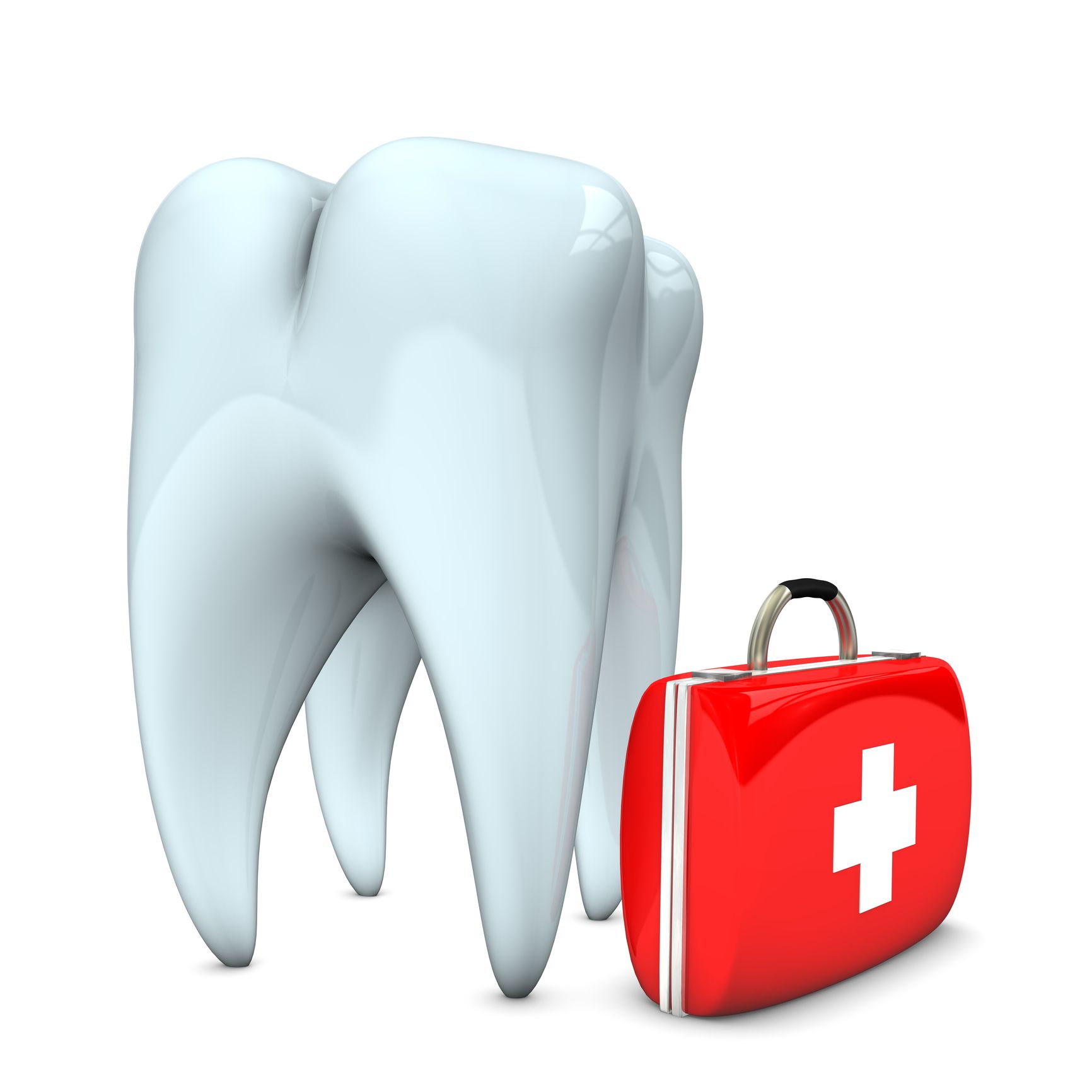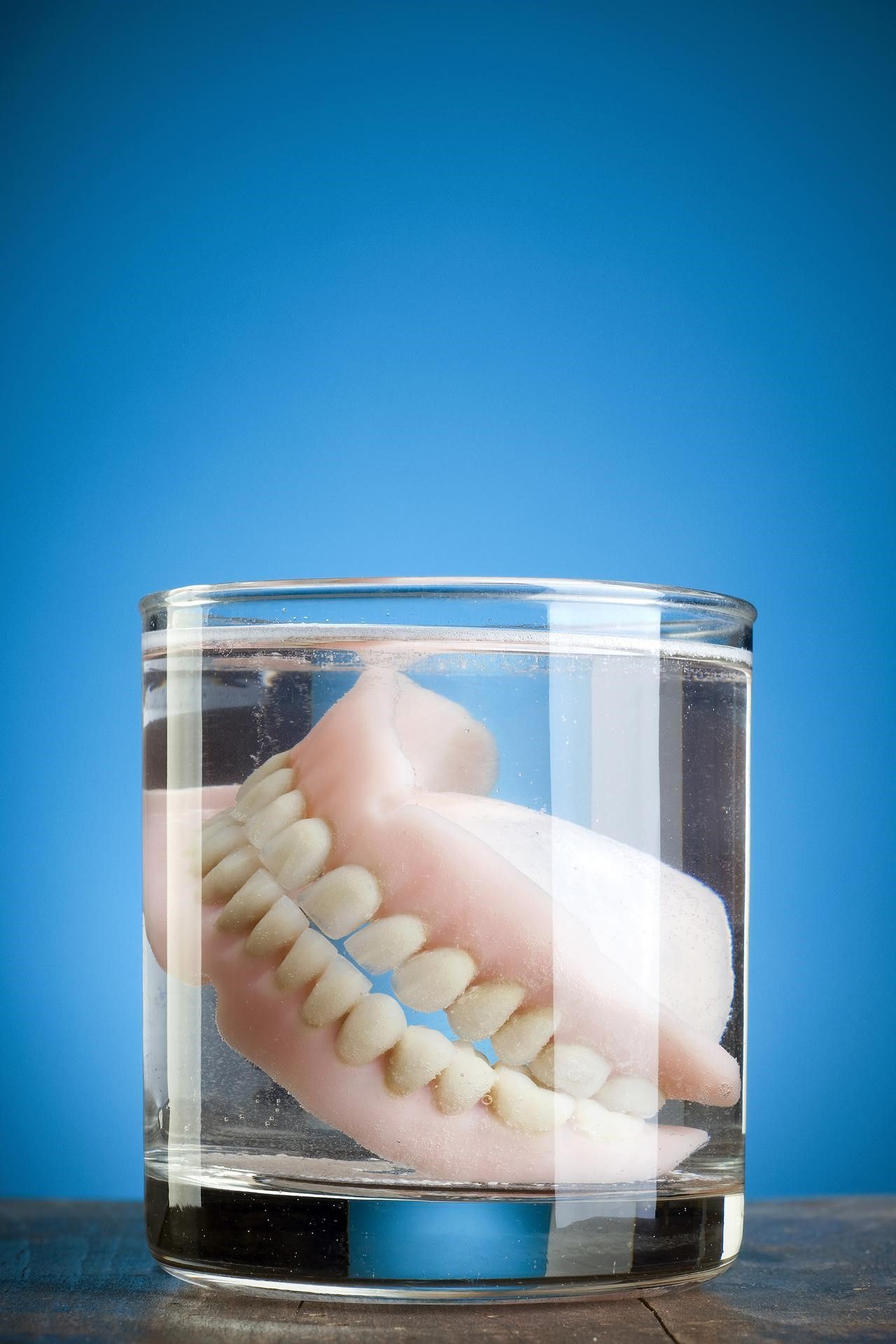Nutrition & Dental Health: Vital Nutrients for Healthy Teeth

Dental health involves a combination of hygiene and nutrition to ensure that your teeth remain healthy, strong, and resistant to periodontal diseases. As a part of nutrition, you should understand how vital vitamins and minerals affect your dental and oral health. Here is a breakdown of these essential nutrients, the ways they preserve dental health, and their food sources.
Calcium
Your dental structure features a significant portion of calcium phosphate, which places calcium as an essential mineral in teeth formation and strengthening. Calcium helps to harden tooth enamel, which makes teeth more resistant to decay. Calcium also helps to keep gums healthy, as it strengthens the jawbone and replaces dental compounds lost via demineralization.
Food sources of calcium include dairy products (such as milk, cheese, and yogurt), fortified cereals, unfortified almond milk, and kale.
Phosphorus
Phosphorus is an essential mineral found in your bones and teeth, as it is a fundamental building block for these body tissues. Phosphorus works in conjunction with calcium to generate hydroxyapatite, which is the main structural component of enamel.
Phosphorus is found in many foods, including dairy products, red meat, lentils, seafood (such as cod and shrimp), nuts, and pumpkin seeds.
Potassium
Potassium increases the body's defenses against conditions that might weaken your jawbone. It also increases the efficacy of blood clotting. This is necessary for people with bleeding gums. If floss and toothbrushes make your gums bleed, potassium can help clot blood faster and heal the inflicted wounds much quicker.
Potassium is found in many foods, including bananas, tomatoes, legumes, mushrooms, dark leafy vegetables, and dairy products.
Vitamin A
Vitamin A maintains the mucous membrane that covers and protects the teeth and gums. The mucous membrane prevents oral diseases that can affect your dental health. Additionally, Vitamin A helps in the production of saliva in your mouth. Saliva is a natural cleansing compound that can remove food particles stuck between your teeth and gums.
Food sources for Vitamin A include orange-colored foods like carrots, oranges, apricots, sweet potatoes, and pumpkins. Other foods rich in Vitamin A include leafy green vegetables, egg yolks, fish, and liver.
Vitamin C
Vitamin C promotes collagen production. Collagen is a vital biological compound that holds tissue together. Collagen can help build gum strength and keep your gums healthy. Vitamin C also boosts your immune system, which can prevent gum diseases like scurvy and gingivitis.
Vitamin C is found in citrus fruits, leafy greens, and potatoes.
Vitamin D
Vitamin D boosts mineral density in your body, which helps maintain essential minerals needed for teeth development. It also helps the body carry and absorb calcium from the diet to the teeth. Vitamin D also helps to prevent gum disease as it keeps the gums healthy and prevents inflammation.
Food sources of vitamin D include fortified orange juice, fatty fish, fortified milk, mushrooms, and fortified cereals.
Vitamin E
Vitamin E helps to protect the gums from inflammation and acts as an antioxidant, which prevents periodontal conditions that are caused by the oxidation of dental and gum tissues.
Vitamin E can be found in food sources such as nuts, seeds, and leafy greens.
Vitamin K
Vitamin K helps produce osteocalcin, a vital protein that helps build strong bones and teeth. It helps prevent cavity development in teeth. Additionally, Vitamin K increases your body's healing process, which can prevent bleeding.
Food sources with Vitamin K include leafy green vegetables, broccoli, and Brussels sprouts.
Another essential part of dental health is regular visits to a dentist that can assess your teeth's condition and identify oral diseases afflicting you. Visit us at Eastland Dental Center & Professional Dental Care for dental services.








